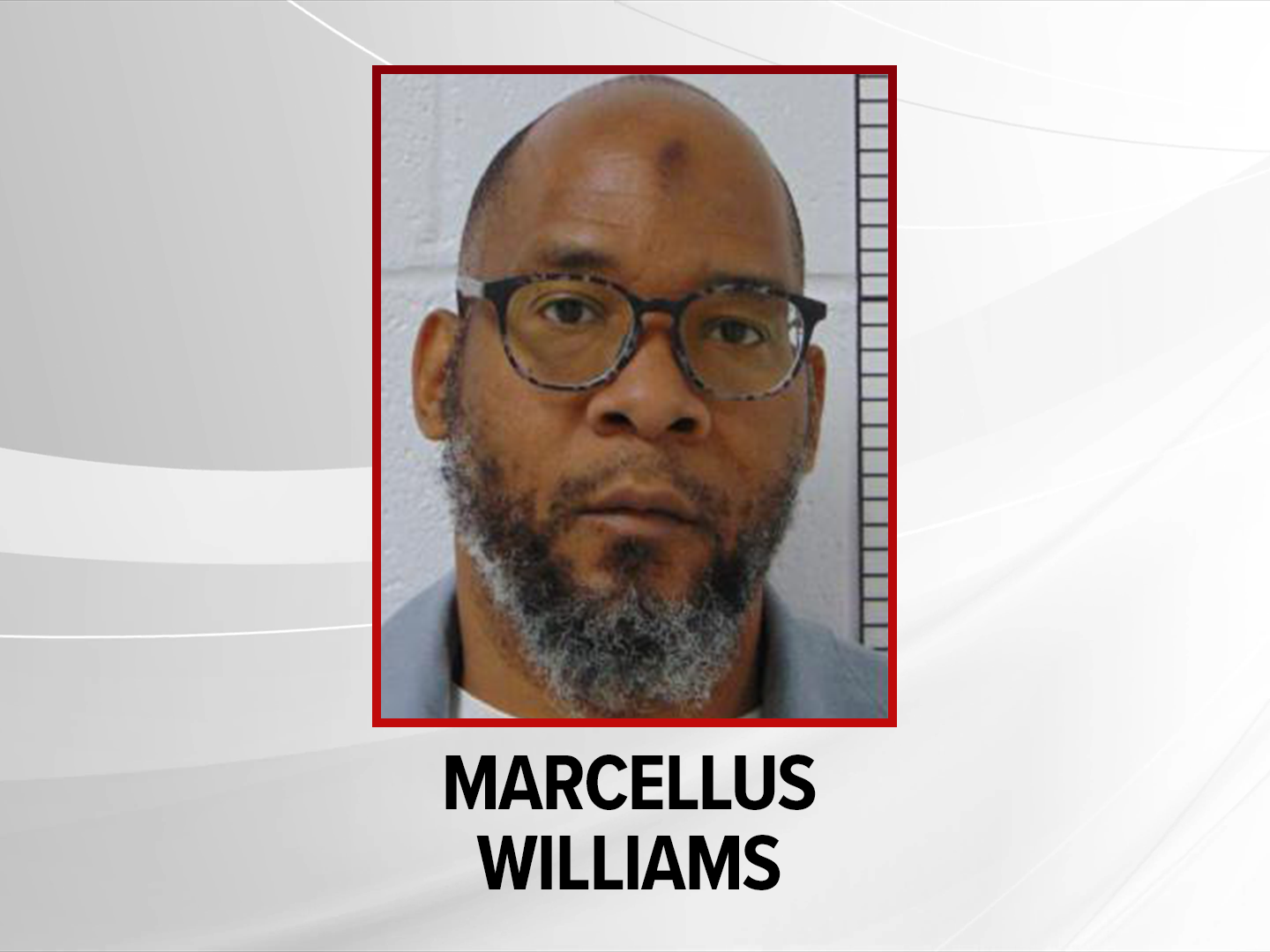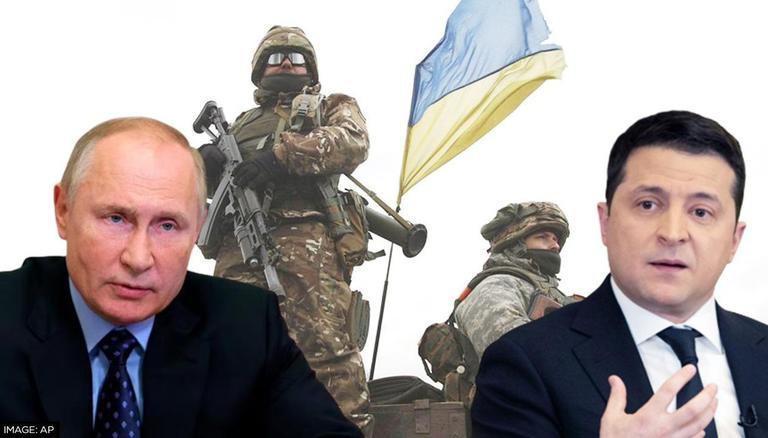The case of Marcellus Williams continues to captivate public attention as new developments unfold regarding his innocence claim. Recently, a Missouri judge denied his petition for innocence, resulting in the affirmation of his upcoming execution date. This post delves into the intricacies of the case, the judicial process, public responses, and broader implications for capital punishment in Missouri. By examining these facets, we gain a deeper understanding of the complexities surrounding Marcellus Williams and his legal battles.
Introduction to the Case
Marcellus Williams was convicted in 2000 for the brutal murder of a woman in Missouri. His case has been a subject of intense scrutiny, particularly as new evidence emerged over the years that raised questions about his guilt. This overview includes a timeline of key events that have led to the current ruling, including the initial conviction, subsequent appeals, and the latest decision denying his claim of innocence. The timeline provides a backdrop against which the intricacies of the judicial system can be examined, highlighting the often protracted nature of capital cases in the United States.
The Missouri plans to execute Marcellus Williams on Sept. 24 adds urgency to the ongoing discourse surrounding his case. This looming execution date serves as a stark reminder of the stakes involved, drawing attention not only to Williams’ plight but also to the ethical dilemmas posed by the death penalty itself.
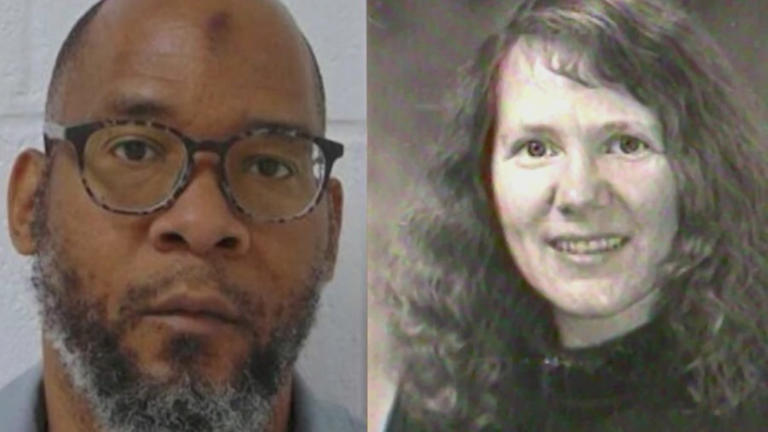
Legal Background
To fully appreciate the implications of the latest ruling, it is essential to explore the legal background of Marcellus Williams’ case. Initially convicted of murder, Williams has maintained his innocence since the outset. His conviction was largely based on circumstantial evidence and witness testimony that has since been called into question.
Over the years, various appeals have been filed, each aiming to challenge the original conviction on different grounds. The judicial system’s handling of these appeals has been fraught with delays and legal technicalities, often prolonging the uncertainty faced by Williams and his supporters. This section provides a detailed examination of the previous legal battles, highlighting the evolving nature of the evidence and how it has influenced the court’s perception of Williams’ innocence.
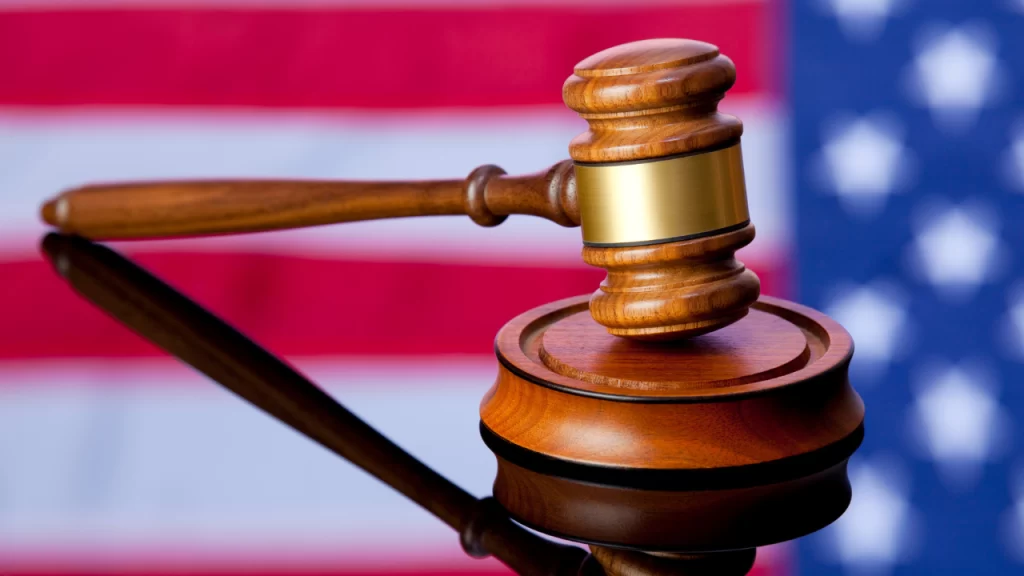
Details of the Innocence Claim
Marcellus Williams’ innocence claim has been supported by new evidence that emerged after his conviction. This includes DNA testing that allegedly points away from Williams and toward another suspect. Additionally, inconsistencies in witness testimonies have come to light, raising serious doubts about the reliability of the initial evidence used to convict him.
In his recent petition, Williams’ legal team presented this new evidence in hopes of securing a retrial or at least a stay of execution. Expert testimonies highlighted the flaws in the original investigation, suggesting that critical evidence was overlooked or mishandled. This section dives deep into the specifics of the evidence presented, offering insights from forensic experts and legal analysts who argue that the judicial system failed to consider all available data before reaching a verdict.
Judicial Review Process
The judicial review process is a critical component in cases involving claims of innocence, especially those involving the death penalty. In the case of Marcellus Williams, the recent court proceedings saw a thorough examination of the evidence presented in his petition. However, the judge ultimately ruled that the new evidence was insufficient to warrant a reversal of his conviction.
This ruling has sparked debate about the standards of evidence required to overturn a conviction, particularly in capital cases. Legal scholars argue that the threshold for new evidence should be lower when a defendant’s life is at stake. The judge’s reasoning for denying the innocence claim will be dissected in this section, providing a comprehensive understanding of how the legal system interprets and applies standards of justice.
Public and Expert Reactions
Following the ruling that denied Marcellus Williams’ innocence claim, reactions from the public and legal experts have been varied. Advocacy groups, including those against the death penalty, have expressed outrage at the decision, viewing it as a miscarriage of justice. These groups argue that the evidence supporting Williams’ innocence should have led to a more favorable ruling.
On the other hand, proponents of the ruling assert that the judicial system is designed to uphold convictions unless irrefutable evidence suggests otherwise. This section will compile reactions from various stakeholders, including legal experts, advocacy groups, and members of the public, illustrating the polarizing nature of the case and the broader implications for the justice system.
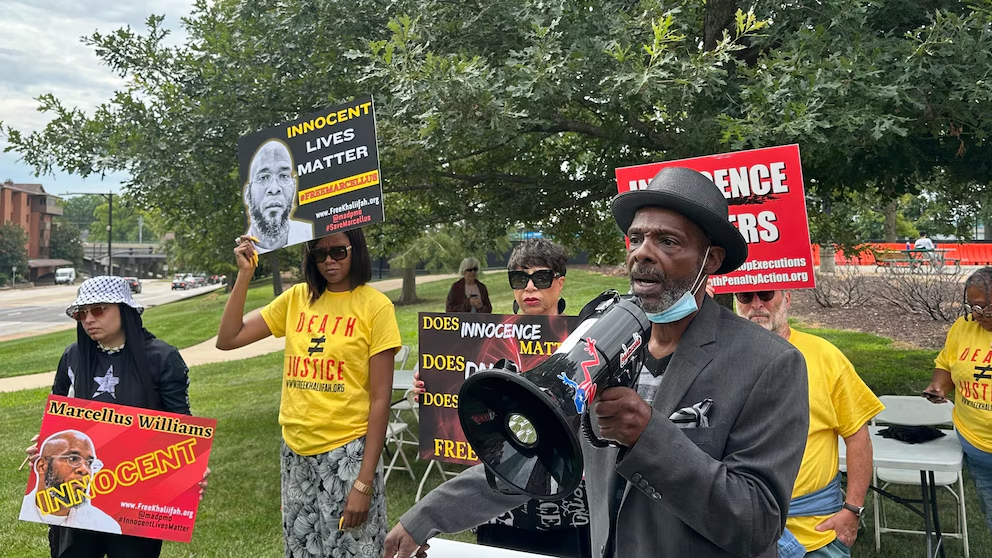
Implications of the Ruling
The implications of the recent ruling extend beyond Marcellus Williams himself; they resonate within the wider context of capital punishment in Missouri and the United States. The denial of his innocence claim reinforces concerns about the reliability of the death penalty, especially in cases where new evidence emerges long after the initial conviction.
Furthermore, the ruling may set a precedent for future cases involving claims of innocence, particularly those relying on newly discovered evidence. This section will explore how the outcome of Williams’ case could influence other defendants facing similar situations, highlighting the ongoing debates about the morality and effectiveness of the death penalty.
Death Penalty Considerations
The death penalty remains a contentious issue in Missouri and across the nation. As Missouri plans to execute Marcellus Williams, the state’s approach to capital punishment is under scrutiny. Critics argue that the risk of executing an innocent person is too great, advocating for a moratorium on executions until comprehensive reforms can be implemented.
This section will examine the current landscape of capital punishment in Missouri, including public opinion trends, legislative changes, and notable cases that have shaped the discourse. The implications of executing individuals like Williams, whose guilt is questioned, raise ethical concerns that warrant a thorough investigation.
Next Steps for Appeals
Despite the recent ruling, Marcellus Williams still has potential avenues for further legal action. His legal team is exploring options for appeal, including seeking a stay of execution based on procedural grounds. This section will outline the possible legal strategies that could be employed, as well as the potential challenges they may face in a system that has historically been reluctant to overturn convictions.
Understanding the next steps in this complex legal landscape is crucial, as they may determine the fate of Marcellus Williams. The focus here will be on both the legal mechanisms available to him and the timelines involved, offering insight into the often lengthy and complicated nature of capital appeals.
Conclusion
In summary, the case of Marcellus Williams serves as a microcosm of the broader issues surrounding the death penalty and the judicial process. His recent claim of innocence was denied, and the execution date is set, but the discussions it has sparked are far from over. This case raises critical questions about the reliability of the justice system, the standards required to prove innocence, and the moral implications of capital punishment.
As Missouri prepares for the execution of Marcellus Williams, the spotlight remains on the legal system’s capacity to rectify potential miscarriages of justice. The ongoing debates surrounding his case reflect a society grappling with the complexities of justice, morality, and the fundamental right to life. The fate of Marcellus Williams is not merely a legal matter; it represents a significant chapter in the ongoing struggle for justice and accountability in the American legal system.

